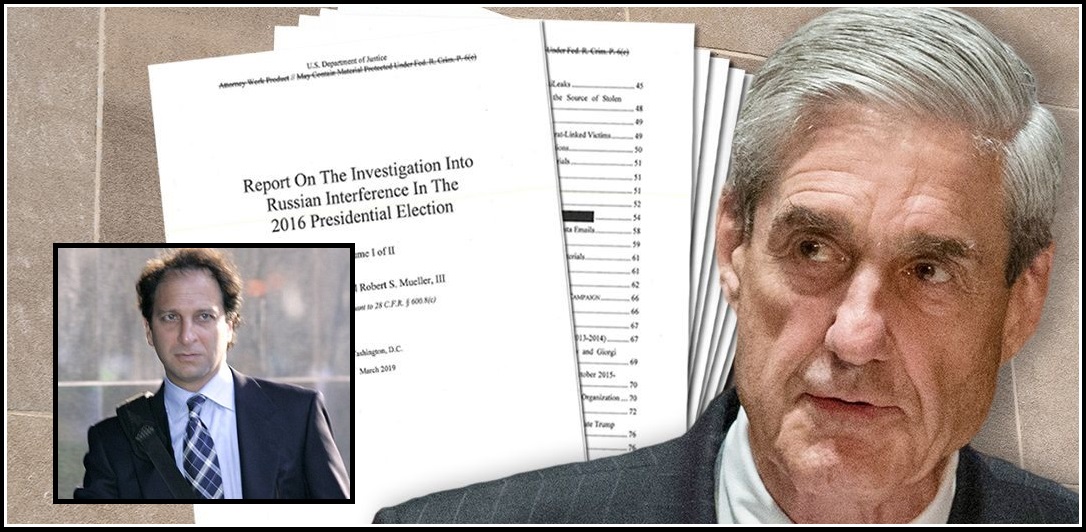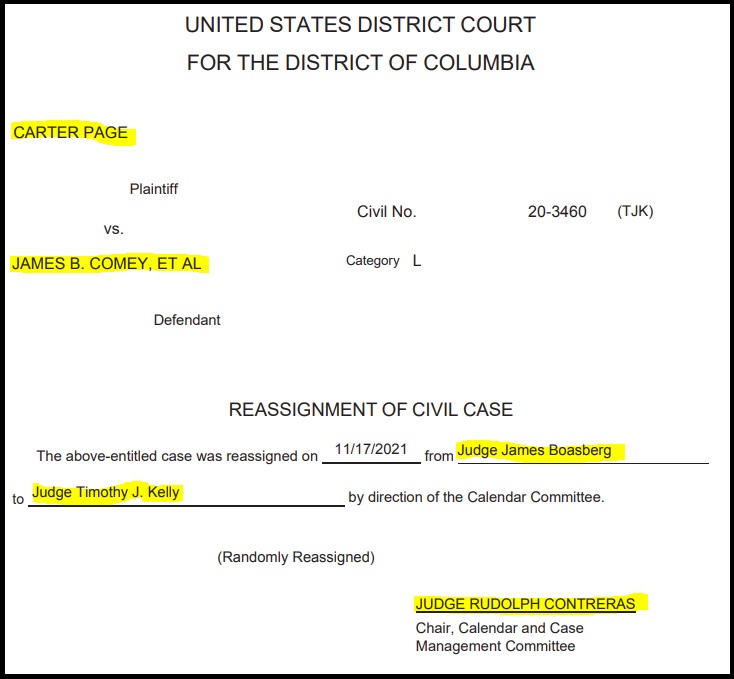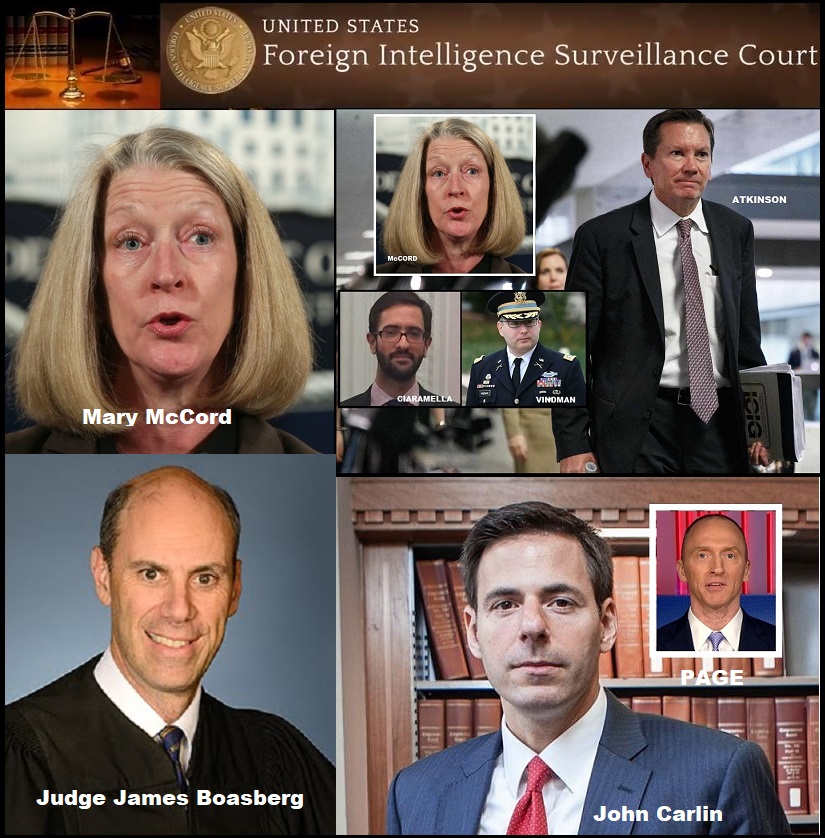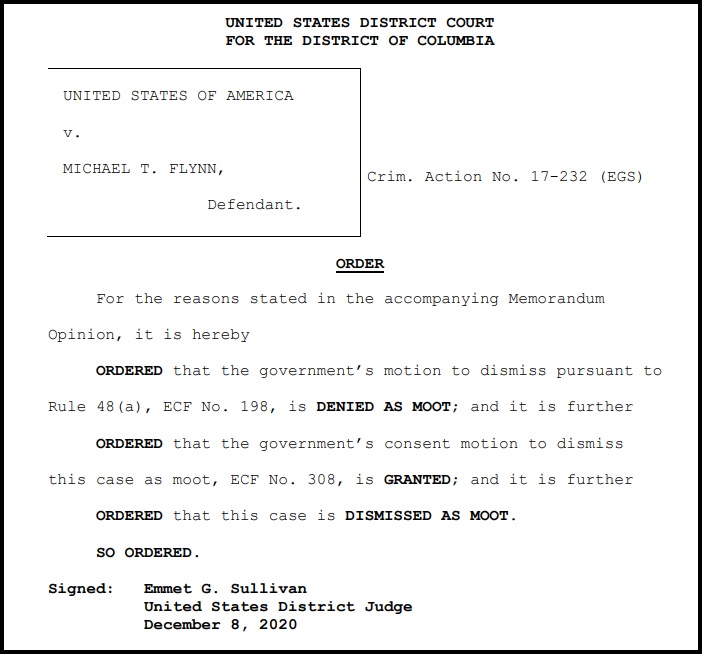The official account of how the intelligence community gained the transcript of incoming National Security Adviser Michael Flynn talking to Ambassador Sergey Kisliyak on December 29th, 2016, surrounds “incidental collection” as a result of contact with an agent of a foreign power. Meaning the Flynn call was picked up as the U.S. intelligence apparatus was conducting surveillance on Russian Ambassador Kisliyak.
If this version of events is accurate, it falls under FISA-702 collection: the lawful monitoring of a foreign agent who has contact with a U.S. person. In order to review the identity of the U.S. person, a process called ‘unmasking’, a 702 submission must be made. That submission, the unmasking, leaves a paper/electronic trail.
In a 2017 congressional hearing, Senator Lindsey Graham asks Deputy Attorney General Sally Yates and former DNI James Clapper about this process. [Watch first 3 minutes]
.
In the two years that have followed this testimony, despite the simplicity of the the process to discover the answer, we can identify no action taken (nor reports of action taken) that would deliver the answer as to: who unmasked General Michael Flynn?
(more…)







